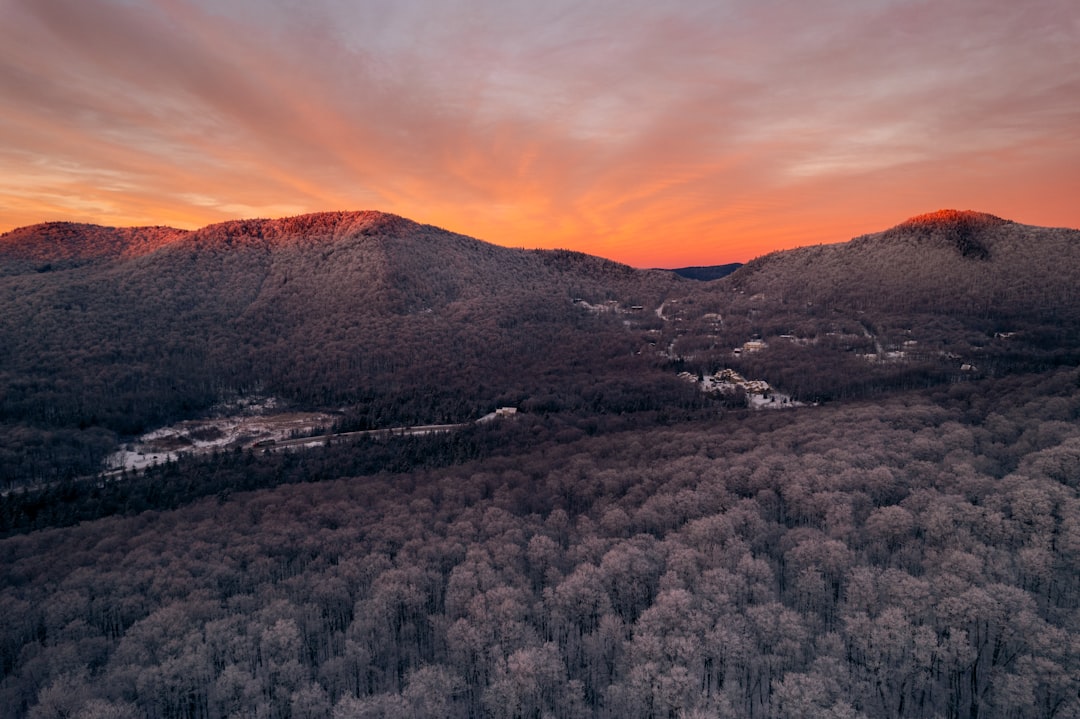Vermont's Do Not Call laws protect residents from intrusive telemarketing by regulating and enforcing calls through the Public Service Department (PSD). Residents can register on the state's list to reduce sales pitches, but exemptions exist for charities, political groups, or consented calls. Lawyers must obtain explicit consent before calling and respect opt-out requests to avoid penalties. Upcoming changes include stricter regulations on automated dialing systems and enhanced call blocking technologies. Consulting a Do Not Call Lawyer in Vermont is advised for guidance and protection under consumer laws, empowering residents to control unwanted spam calls.
Vermont’s Do Not Call laws are designed to protect residents from unwanted telemarketing calls, but what does the future hold? This comprehensive guide explores the current regulations and their impact on law firms and attorneys in Vermont. We delve into predictions about potential changes, empowering you with knowledge about your rights and resources under these laws. Whether you’re a consumer seeking protection or a lawyer specializing in Do Not Call laws, understanding these trends is essential. Discover what to expect from Vermont’s evolving Do Not Call regulations and how it may impact businesses and individuals alike.
Understanding Vermont's Do Not Call Laws: A Comprehensive Overview

Vermont’s Do Not Call laws are designed to protect residents from unwanted telemarketing calls and sales pitches. As a consumer, understanding your rights under these laws is essential. If you’re wondering who enforces Do Not Call laws in Vermont or how to register for protection, this comprehensive overview will guide you.
In Vermont, the Public Service Department (PSD) regulates and enforces Do Not Call regulations. Residents can register their phone numbers on the state’s official Do Not Call list, which prevents them from receiving telemarketing calls from most businesses. However, it’s crucial to note that certain types of calls are exempt, including those from charities, political organizations, or if you’ve given explicit consent. Engaging a Do Not Call lawyer or attorney in Vermont can provide clarity and protection against potential violations, especially with the evolving nature of spam call laws and regulations.
The Impact on Law Firms and Attorneys in Vermont

Vermont’s “Do Not Call” laws have significant implications for law firms and attorneys operating within the state. With the introduction and potential enhancements to these regulations, legal professionals must adapt their marketing strategies to ensure compliance. The primary effect is on telemarketing practices, where strict guidelines are in place to prevent unsolicited calls, often referred to as spam, from law firms to potential clients.
Lawyers and law firms in Vermont need to be vigilant about respecting consumer choices regarding phone communications. This means obtaining explicit consent before initiating calls and adhering to opt-out requests promptly. Failure to comply can result in penalties and damage to the firm’s reputation. As such, legal practices should invest in robust systems to track and manage client preferences, ensuring they remain compliant with Do Not Call Laws, both current and future, to protect their businesses and maintain client trust.
Future Predictions: What Changes Can We Expect?

As Vermont’s do-not-call laws continue to evolve, future predictions suggest a few key changes and trends. One notable shift is the increased emphasis on technological advancements to combat spam calls. This may include stricter regulations on automated dialing systems and more robust consumer protection tools, such as enhanced call blocking technologies. With the rise of smart home devices, there’s a growing need for laws that cater to these new platforms, ensuring consumers have control over their communication preferences within their homes.
Additionally, there could be a broader focus on holding call centers and law firms accountable for their marketing practices. Do-not-call lawyers in Vermont might see more cases involving spam calls from legal entities, prompting the need for stricter guidelines and penalties. As technology advances, so does our ability to track and trace caller identities, making it easier to enforce these laws and provide relief to victims of unwanted telemarketing.
Your Rights and Resources: Navigating the Do Not Call Laws in Vermont

Navigating Vermont’s Do Not Call laws can seem complex, but understanding your rights is essential. If you’re receiving unwanted telemarketing calls or texts, a Do Not Call Lawyer or Attorney in Vermont can provide guidance and protection under the state’s consumer protection regulations. These laws empower residents to take action against persistent spam calls and text messages by offering legal recourse.
Vermont’s Do Not Call Laws are designed to give consumers control over their communication preferences, ensuring a quieter and more peaceful environment. By registering your number on the “Do Not Call” list or taking legal action against violators, you can make a significant impact in reducing unwanted contact. If you’re considering hiring a Do Not Call Law Firm in Vermont, consult with an expert who specializes in these regulations to explore your options and ensure compliance.






